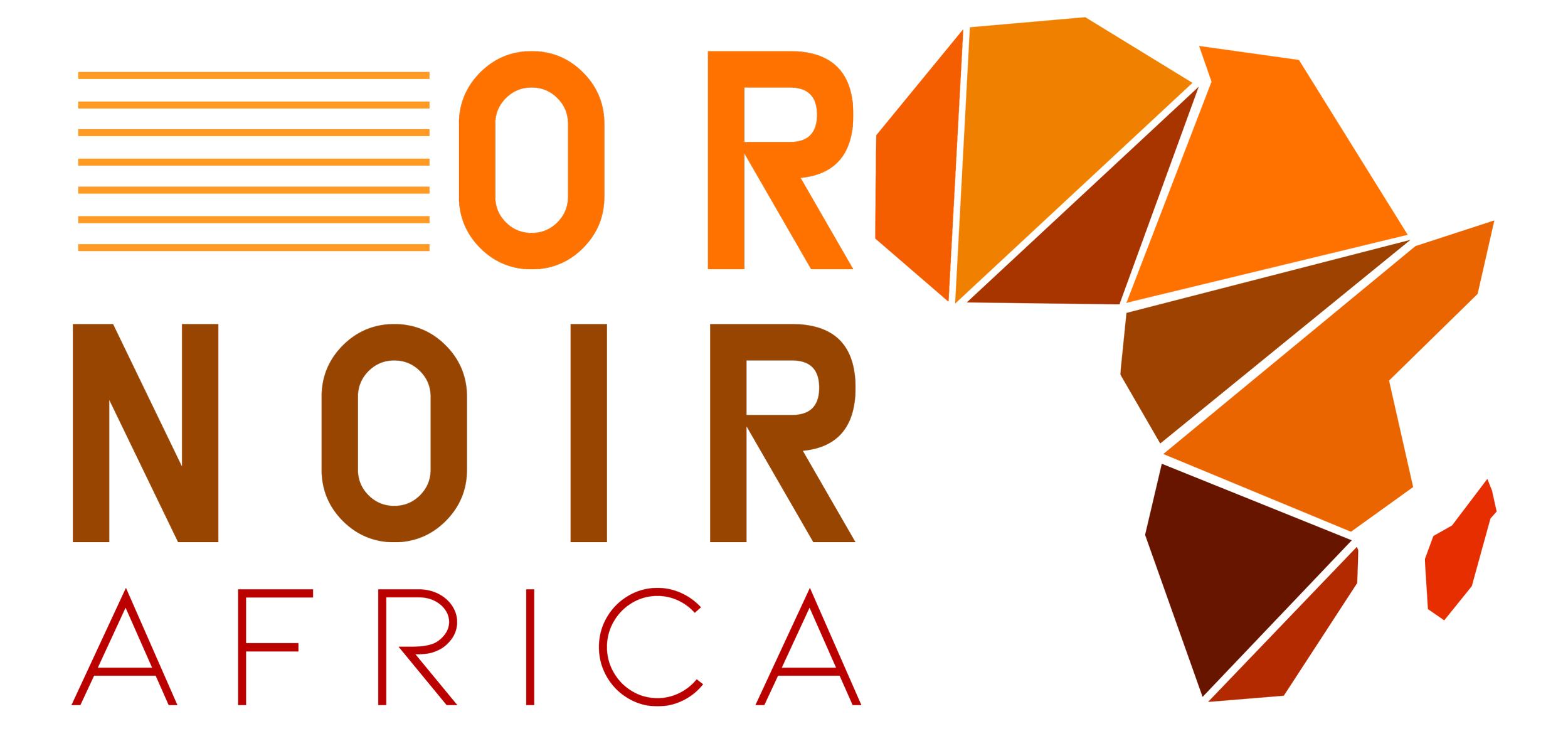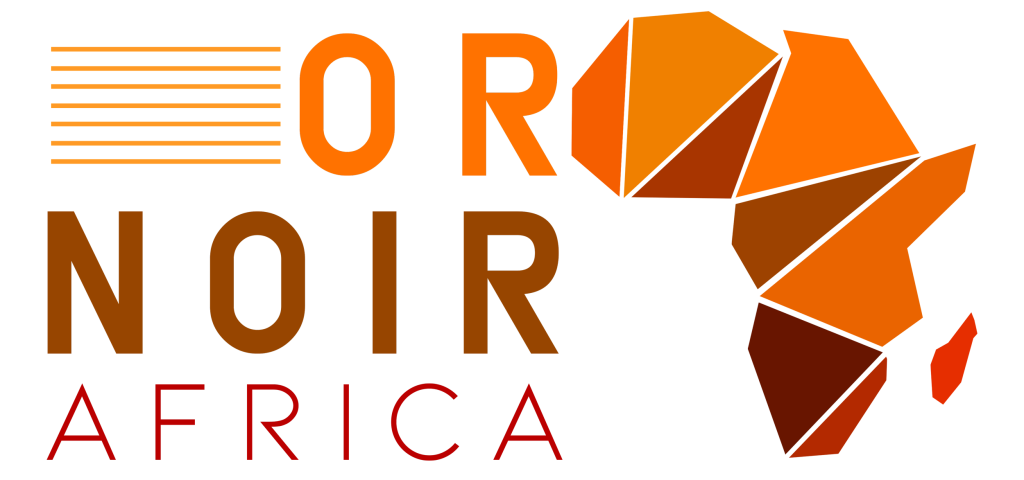Après le retard du lancement des opérations du champ gazier offshore Grand Tortue-Ahmeyim (GTA), partagé par la Mauritanie et le Sénégal, un désaccord est survenu concernant les coûts facturés par le géant énergétique britannique British Petroleum (BP), qui dirige le consortium responsable de ce projet important. Les rapports d’audit initiés par les deux pays ont contesté les dépenses revendiquées par BP.
Le lancement du projet, initialement prévu plus tôt cette année et constamment reporté, fait maintenant face à des retards potentiels supplémentaires. Le problème n’est plus technique ni lié aux retards précédents dus au Covid-19, mais concerne plutôt un différend complexe impliquant BP, la Mauritanie et le Sénégal.
Nouakchott et Dakar sont de plus en plus en désaccord avec leur partenaire de consortium, BP, en raison des coûts croissants associés au démarrage retardé du projet, désormais prévu pour le quatrième trimestre de 2024. Ces retards ont considérablement augmenté les coûts d’investissement, ce qui à son tour diminue les rendements potentiels pour la Mauritanie et le Sénégal. Cette contrainte financière a poussé les deux nations à annoncer des audits des coûts en janvier 2024, étant donné que les dépenses de développement, de construction de l’unité FLNG (Floating Liquefied Natural Gas) et de l’unité FPSO (Floating Production Storage and Offloading) ont doublé par rapport aux estimations initiales de 2018.
Au début du projet, les partenaires du projet—BP (61 %), l’américain Kosmos Energy (29 %), et les compagnies nationales du Sénégal (Petrosen) et de la Mauritanie (SMHPM), totalisant 10 %—se sont engagés dans un investissement qui a largement dépassé les chiffres prévus. BP est entré dans le projet en acquérant une participation de 61 % auprès de Kosmos Energy pour un milliard de dollars, se positionnant pour gérer les investissements, les opérations et la commercialisation.
Cependant, le doublement des coûts liés au projet pose un risque de recettes futures réduites pour la Mauritanie et le Sénégal. Face à l’augmentation des coûts et aux écarts financiers perçus, les deux pays ont initié des audits pour examiner les affirmations financières de BP concernant le projet.
Les dépenses principales du projet impliquent quatre composants majeurs :
- Un brise-lames en haute mer abritant l’usine de liquéfaction, confié à un consortium franco-italien Eiffage-Saipem pour 350 millions de dollars.
- L’ingénierie marine d’extraction de gaz pour 750 millions de dollars, attribuée en mode de contrat EPCI.
- Le FPSO, contracté à TechnipFMP pour environ 1 milliard de dollars en mode EPCIC, couvrant la construction à l’opérationnalisation.
- L’unité FLNG, évaluée à 1,3 milliard de dollars sous un contrat de location et d’exploitation de 20 ans.
À l’origine, ces composants étaient budgétisés autour de 3,5 milliards de dollars, mais ont depuis augmenté en raison de retards répétés et de dépenses imprévues, y compris la faillite de la firme d’ingénierie américaine McDermott, un partenaire clé de BP dans le projet.
En 2020, l’expert mauritanien Hassana Mbeirick a noté que les investissements de BP avaient presque atteint 10 milliards de dollars, un chiffre qui a continué à augmenter. En conséquence, les revenus projetés pour la Mauritanie et le Sénégal dans la première phase du projet sont limités à 2,5 millions de tonnes par an, avec des gains de quelques centaines de millions de dollars.
Suite à une autre annonce de retard du projet en janvier 2024, les deux pays ont lancé des audits complets pour déterminer si BP avait gonflé leurs rapports financiers. Les premiers résultats d’un cabinet comptable tunisien, dirigé par le spécialiste des coûts pétroliers
Samir Labidi, suggèrent que BP pourrait avoir surestimé leurs dépenses.
Selon les rapports de Africa Intelligence, les résultats préliminaires des audits ont été remis au Ministre mauritanien du Pétrole, de l’Énergie et des Mines, et des conclusions similaires ont été atteintes par les autorités sénégalaises. Les deux pays coordonnent désormais leurs réponses pour aborder ces problèmes avec BP, y compris les préoccupations concernant le non-respect des exigences de contenu local dans le secteur pétrolier.
Étant donné le potentiel de recettes substantiel du projet GTA, estimé entre 80 et 90 milliards de dollars sur 20 ans, et les enjeux financiers critiques, la Mauritanie et le Sénégal plaident pour une renégociation globale avec BP. Cependant, les firmes multinationales incluent souvent des clauses de stabilisation dans leurs contrats pour se protéger contre les risques politiques et les changements législatifs. Malgré ces protections, des surfacturations prouvées pourraient contraindre à une révision des termes financiers pour assurer une compensation équitable pour la Mauritanie et le Sénégal.


